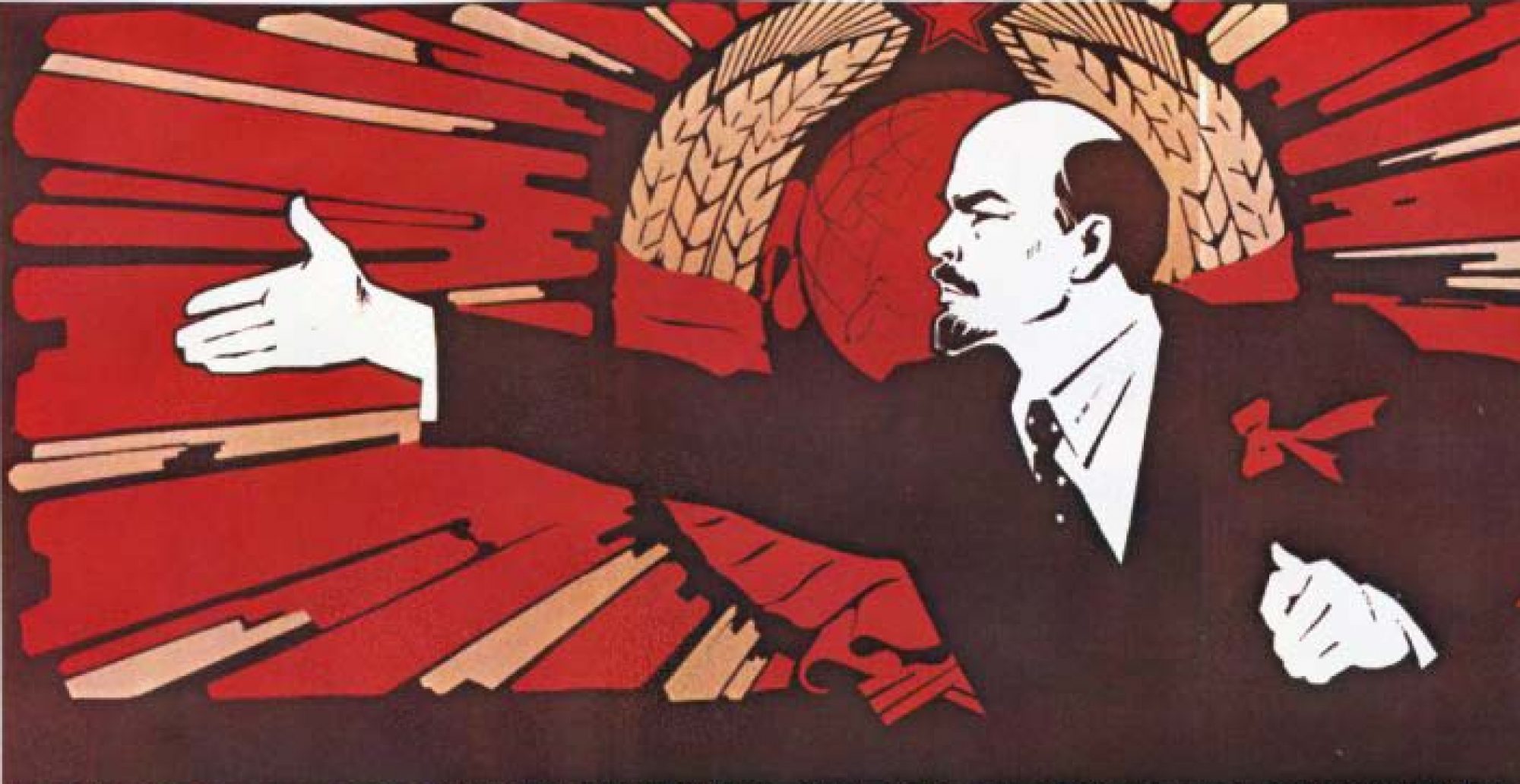I think that it is incredibly important and valuable to study dissent in the case of the Great Purge. Eugenia Ginzburg seems to be deeply troubled by the effects of Stalinism and increasingly conscious of the true nature of the purge. Writing in “Into the Whirlwind,” Ginzburg recalls her expulsion from the party by a former pupil of hers; “Some actors in the horror play had been cast as victims, others as persecutors, and these were the worse off (Ginzburg 40,41).” Her words hint at her sympathy for party members who were indoctrinated into this ready compliance. I think that her evaluation of individuals through their character, intent, and contextual actions is a very important point to note when contrasted against the black and white decisions of the NKVD. Ginzburg gives us a unique perspective as an intellectual. Her status as a teacher and a writer in the Soviet Union are important to her narrative. Her education is probably a factor that led her to be able to question the policies of Stalinism.
While, at least through her lens, her innocence is clear, how do we evaluate her story? Simply, how do the intelligentsia become enemies of the state and is there really a place for them in Soviet Society?

If we evaluate the story through the lens of Ginzburgs innocence we see a character that is very stubborn. She has so much pride that she refuses to falsely testify. Even though she knows the consequence of going against the Soviet Society she doesn’t care. Ginzburg views her pride and integrity over her family. She’s willing to be taken away from them. If we evaluate everything she does by this concept it shows that she is very brave but also may not have her priorities straight.